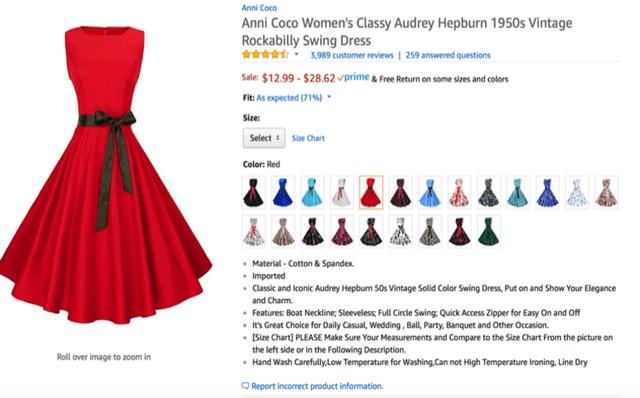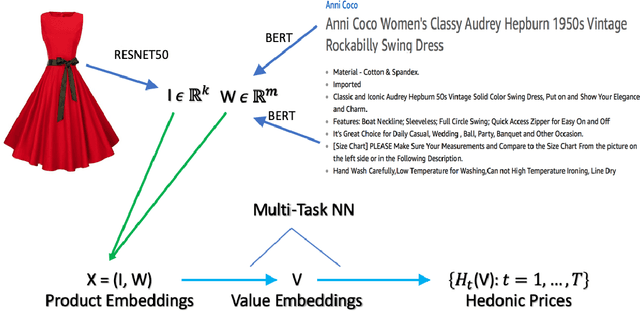Ramon Huerta
Unmemorization in Large Language Models via Self-Distillation and Deliberate Imagination
Feb 15, 2024



Abstract:While displaying impressive generation capabilities across many tasks, Large Language Models (LLMs) still struggle with crucial issues of privacy violation and unwanted exposure of sensitive data. This raises an essential question: how should we prevent such undesired behavior of LLMs while maintaining their strong generation and natural language understanding (NLU) capabilities? In this work, we introduce a novel approach termed deliberate imagination in the context of LLM unlearning. Instead of trying to forget memorized data, we employ a self-distillation framework, guiding LLMs to deliberately imagine alternative scenarios. As demonstrated in a wide range of experiments, the proposed method not only effectively unlearns targeted text but also preserves the LLMs' capabilities in open-ended generation tasks as well as in NLU tasks. Our results demonstrate the usefulness of this approach across different models and sizes, and also with parameter-efficient fine-tuning, offering a novel pathway to addressing the challenges with private and sensitive data in LLM applications.
Hedonic Prices and Quality Adjusted Price Indices Powered by AI
Apr 28, 2023



Abstract:Accurate, real-time measurements of price index changes using electronic records are essential for tracking inflation and productivity in today's economic environment. We develop empirical hedonic models that can process large amounts of unstructured product data (text, images, prices, quantities) and output accurate hedonic price estimates and derived indices. To accomplish this, we generate abstract product attributes, or ``features,'' from text descriptions and images using deep neural networks, and then use these attributes to estimate the hedonic price function. Specifically, we convert textual information about the product to numeric features using large language models based on transformers, trained or fine-tuned using product descriptions, and convert the product image to numeric features using a residual network model. To produce the estimated hedonic price function, we again use a multi-task neural network trained to predict a product's price in all time periods simultaneously. To demonstrate the performance of this approach, we apply the models to Amazon's data for first-party apparel sales and estimate hedonic prices. The resulting models have high predictive accuracy, with $R^2$ ranging from $80\%$ to $90\%$. Finally, we construct the AI-based hedonic Fisher price index, chained at the year-over-year frequency. We contrast the index with the CPI and other electronic indices.
 Add to Chrome
Add to Chrome Add to Firefox
Add to Firefox Add to Edge
Add to Edge